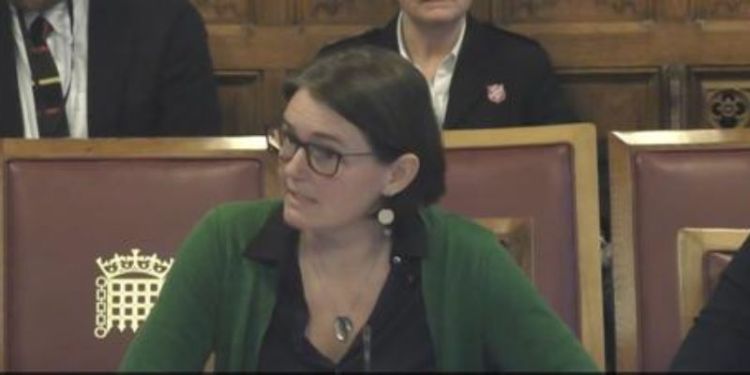The UK is falling behind on modern slavery, says new report

When the Modern Slavery Act 2015 was passed, it was claimed to be world-leading legislation that would prevent and disrupt modern slavery. Nine years later, its ‘world-leading’ status is in question.
In January 2024, the House of Lords appointed a committee to evaluate the Modern Slavery Act 2015. They investigated whether the Act is fulfilling its aspirations and whether it needs to be updated to address new challenges.
Professor Louise Waite shared her expertise with the House of Lords during the review.
The Modern Slavery Act 2015 Committee has published its report: The Modern Slavery Act 2015: becoming world-leading again (PDF).
It found that the UK’s response to modern slavery has not kept up with the advances of other nations.
Negative impacts on vulnerable migrants
Professor Waite gave her expert testimony in March 2024. She highlighted the detrimental impacts of conflating modern slavery with immigration, a trend that gained momentum following the Brexit referendum.
She said the political focus on immigration was a strategic priority for successive governments who viewed stringent immigration policies as electorally advantageous.
Professor Waite testified that “hostile, exclusionary and racialised violence in the UK is creating vulnerabilities for migrants.”
This is because the hostile environment created by immigration policies makes it more difficult and dangerous for victims of modern slavery to get help.
The consequences of cutting support
The committee was chaired by former Trades Union Congress (TUC) General Secretary and Labour peer Frances O’Grady.
He emphasised the adverse effects of reducing support for vulnerable individuals to appear tough on immigration.
O’Grady stated, “Our report offers a salutary lesson in the consequences of cutting support for vulnerable people to look tough on immigration, giving bosses the whip hand through weak labour market regulation, and turning a tin ear to victims and those who represent them.”
Professor Waite is the Director of the Leeds Social Sciences Institute (LSSI) and Professor of Human Geography.
Her involvement exemplifies the LSSI’s commitment to impactful research that informs policy.




